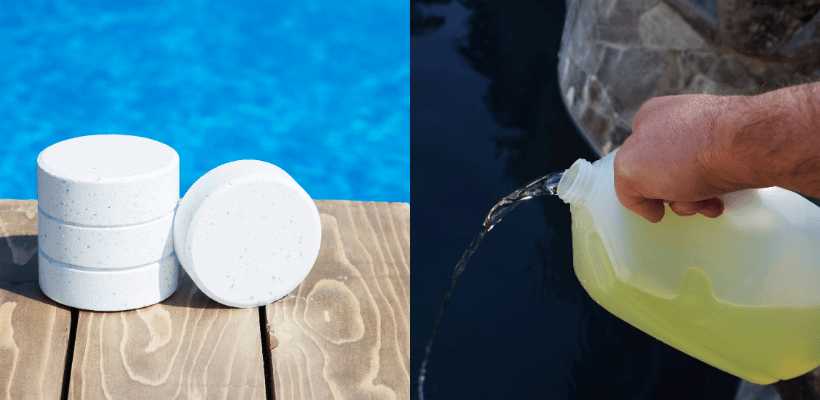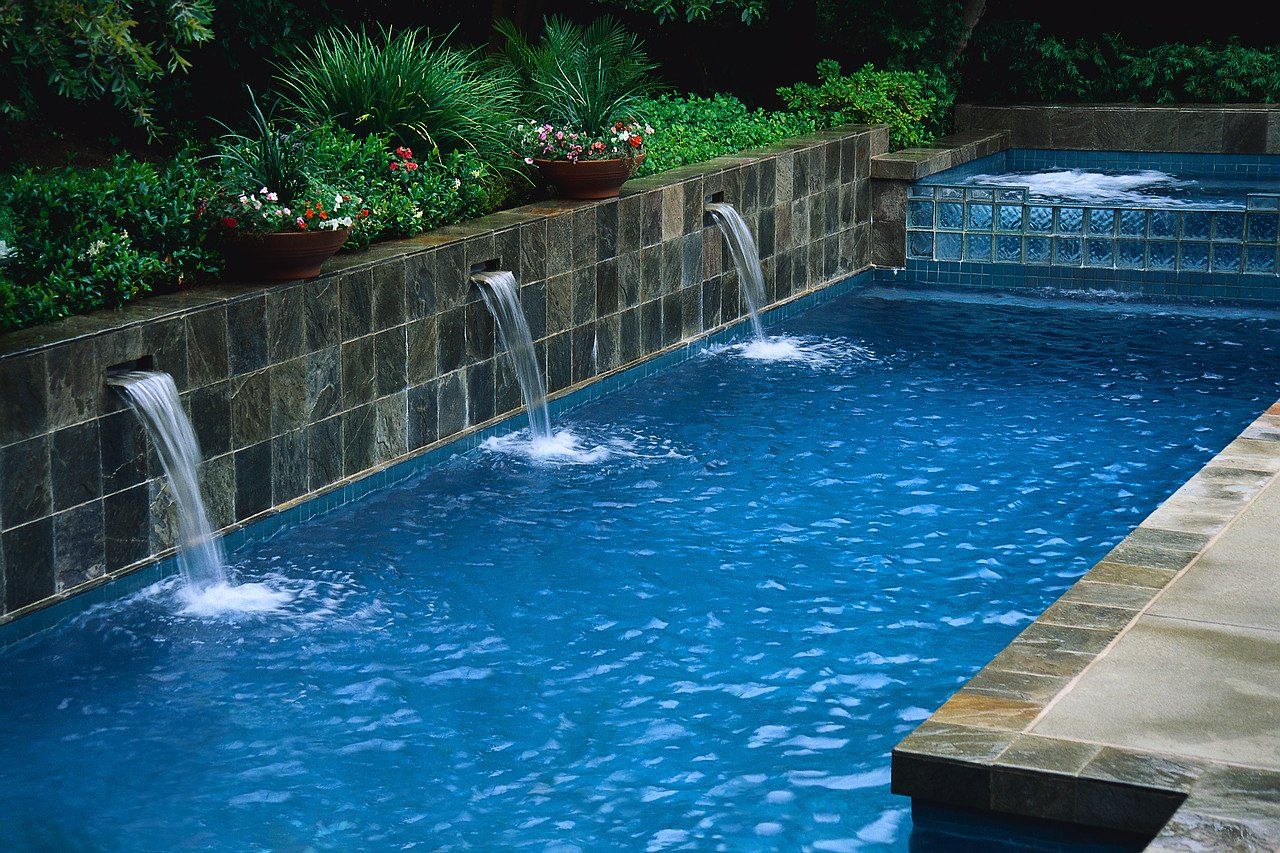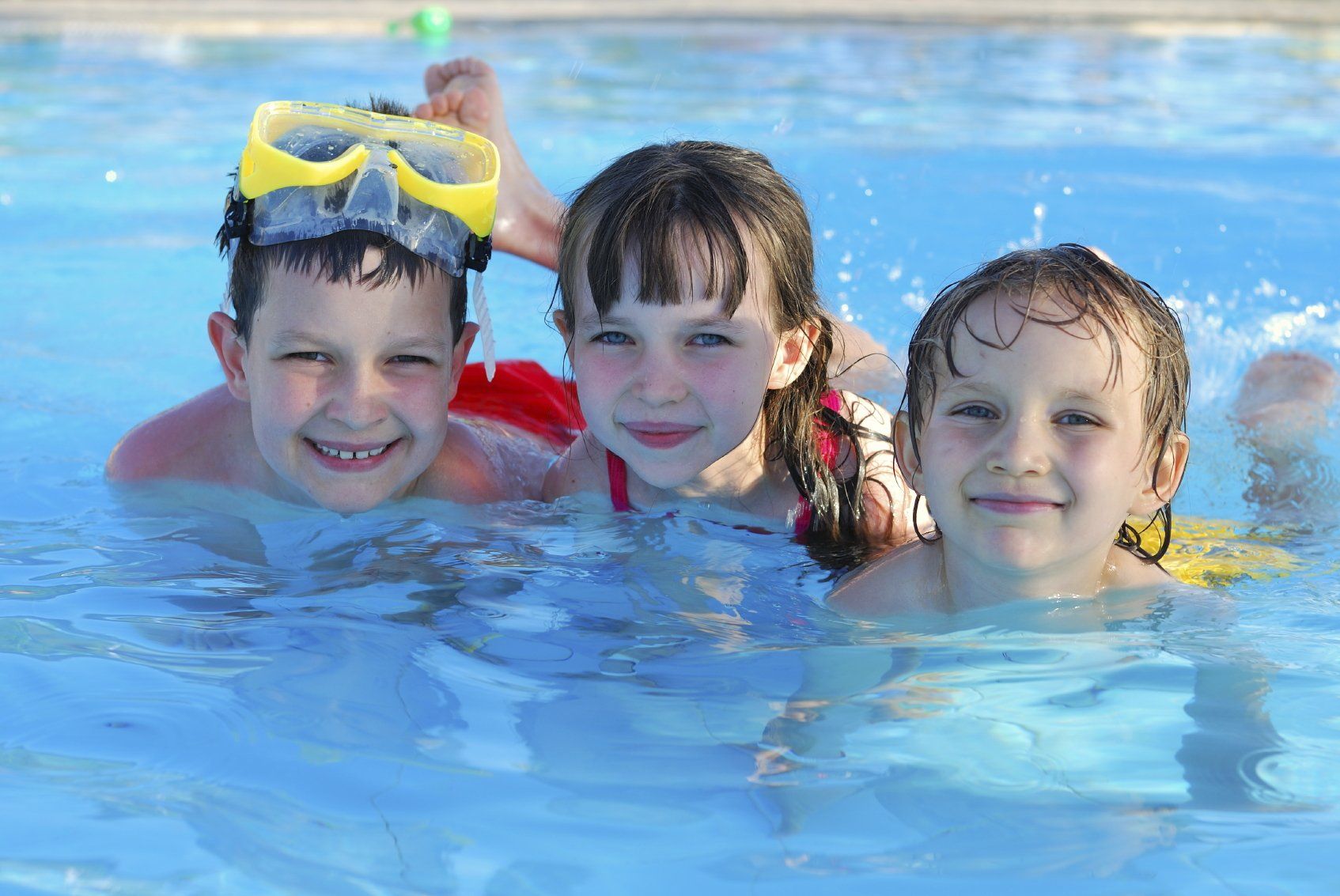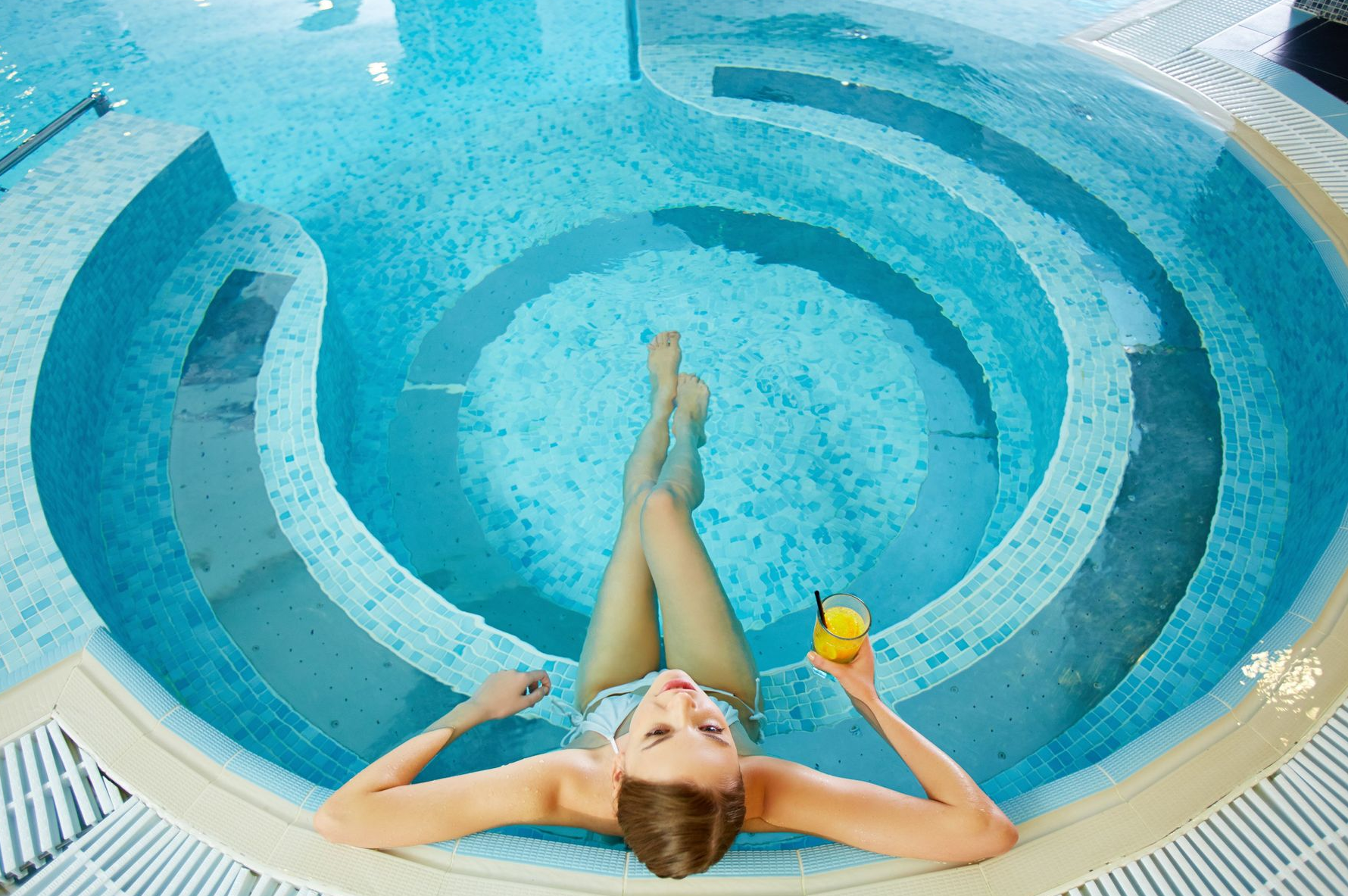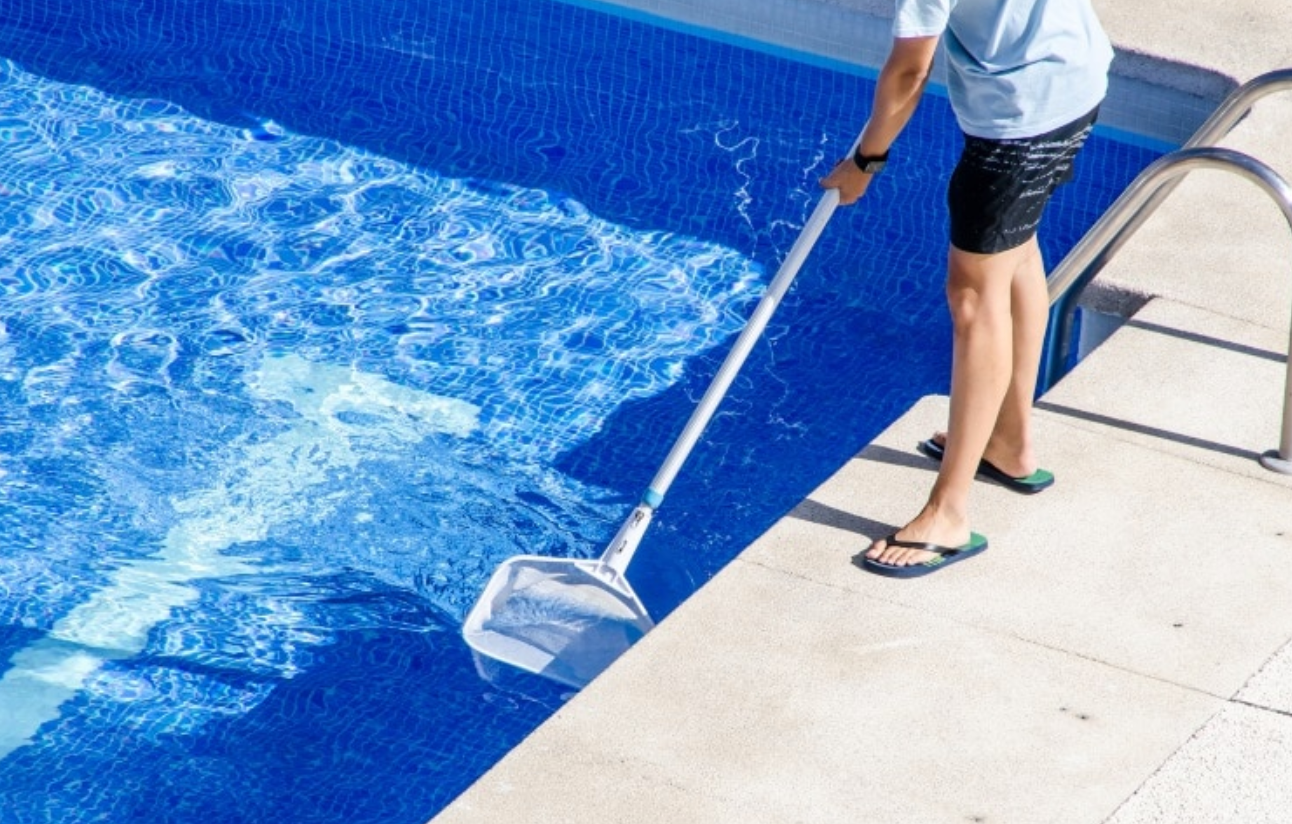KEEP YOUR POOL CLEAN
DURING COVID-19
COVID-19 has shaken the entire world in a very bad way. From the poor countries to the developed nations, they have all felt the impacts of the virus in a myriad of ways. Many corporations and small businesses are opting for their employees to work from their homes in an attempt to minimize the spread of the virus in the workplace.
What’s more, leaders from all over the world are taking drastic measures like putting their citizens on lockdowns or placing curfews to try and control the virus. Another measure has been to close all learning institutions and have all the students and kids stay at home so as to control the spread of the virus in schools. With everyone at home, having a swimming pool in the backyard could be the best thing.
According to the CDC, there is no specific evidence proving that people can contract the virus through pools and hot tubs, which means that you will be able to enjoy yourself with any fear. The thing is, proper maintenance, operation, and disinfection of the
hot tubs and pools sure does inactivate or remove the virus from the pool water.
The importance of clean pool water
The following chemicals help you in maintaining your pool clean and free from bacteria and germs:
Chlorine – Chlorine is quite significant to a pool as it effectively eliminates pathogens that deposit in your pool. It is quite economical and pretty easy to use. And when it comes to the type of chlorine to use, pool experts highly recommend Chlorine Tablets as they are more comfortable to apply. Ensure that the chlorinator in your pool is properly stocked if you are to keep your pool free of pathogens.
Borates
– this is the other chemical that you need to maintain your pool. It represents easy pool maintenance as it helps stabilize your pool’s pH. What’s more, borates are perfect for indoor pools given the fact that it tolerates a rise in temperature. These are not the only benefits associated with borates, there are a few others including;
Prevents algae – borates helps regulate the water’s pH, and in doing so, it doesn’t tamper affect the chlorine’s effectiveness on your water. It prevents the growth of algae in the pool.
Minimizes the use of chlorine – given that borates prevent algae growth, you don’t need to use too much chlorine. In addition, with the water pH stable, the need for chlorine reduces drastically, which in turn reduces the need for shock treatment.
Soft water
– as you may know, hard water causes red, itchy eyes as well as dry skin. But when you apply borates, not only does it maintain the water clean for long, but it also softens the water.
Borates do contain a chlorine stabilizer, which prevents evaporation during hot days.
Muriatic acid
– this is the other chemical commonly used in pool cleaning processes. The acidic element in this chemical helps to lower the water’s pH level. For instance, after testing the water, if the pH level is higher than 7.8, just add a quarter gallon of this acid to your pool. and if your pool is smaller, you only need to add one cup of muriatic acid. Please note; like all the other chemicals, you must be careful when handling this chemical.
Ozonators
– these are part of the filtration system which provides ozone to your pool. The ozonation does combine with other pool treatments, but the benefits it offers are excellent. Based on a number of studies, the use of an ozone generator for your pool;
Not only cleans the pool, but it also frees the water of bacteria, mold, mildew, fungi, and yeasts.
Neutralizes and eliminates organic oils and other contaminants.
With ozonators, you won’t need any other purifying methods for your pool.
Neutralizes and eliminates neutralizing and eliminating human contaminants including bodily oils and others in the water.
Moreover, the ozone generator reduces the pool’s overall maintenance costs, which means that you won’t have to spend too much to maintain your pool clean.
Pool maintenance is a crucial aspect that every single pool owner should consider if you are to
maintain your pool
running properly. It is through this that you are able to lengthen the life of your pool, which gives you more time to use and enjoy it.
As a responsible pool owner, you should never take any chances when it comes to your pool, so you need to control the people who use the pool. If one has tested positive for COVID-19, you need to keep them out of your pool until you are sure they have recovered. After all, prevention is better than cure!
Did you know…..
CDC (Center for disease) has specific guidelines and tips for water/ COVID topics
Take a look below for these FAQs from the CDC.
FAQs
Please spread the word with others who may have questions about COVID-19 spreading through water. The guidance and other water-related guidance is available at
www.cdc.gov/coronavirus/2019-ncov/php/water.html. For more information about CDC’s recommendations for proper operation, maintenance, and disinfection of public pools, visit
www.cdc.gov/healthywater/swimming/aquatics-professionals/operating-public-swimming-pools.html.
(*)
– Source, Centers for Disease Control and Prevention

